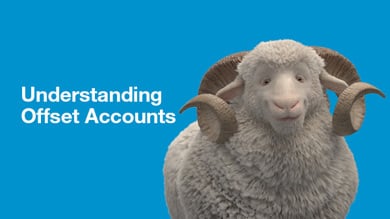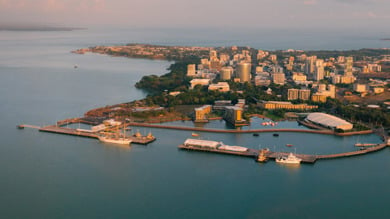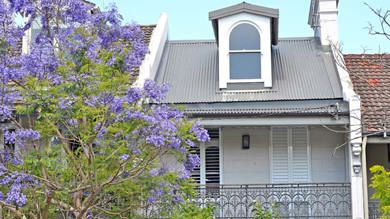
First Home Buyers: Should you buy the best property that you can afford
It’s the million dollar question: Should you go hard and buy the very best property you can afford? Or be more conservative? Our experts weigh in.
First Home Buyers: Should you buy the best property that you can afford
For first home buyers, it’s the million dollar question: Should you go hard and buy the very best property you can afford? Or be more conservative?
Two experts, Stephen Villios, a RAMS Home Loan Specialist from Unley in South Australia and property guru Frank Valentic, weigh in.
More to gain, more to lose?
Stephen says while there’s lots of factors to consider, it ultimately comes down to simple mathematics.
“Obviously, the higher the value of the property you buy, the more you stand to gain when that property goes up in value over time,” he says.
“You have the option of growing more wealth with a property that’s worth more, that’s just a fact,” Stephen says.
“But, and this is a big but, there is absolutely no point doing that if you’re going to over-extend yourself and risk getting into difficulty; especially with your first property purchase,” he adds.
“Looking at it purely from a financial perspective, my advice if you can afford it is to try to purchase at around the median house price in the state you’re purchasing in, because by definition, that’s the most marketable price bracket when you come to sell,” Stephen says.
Spend well under or well over the median, and the pool of potential buyers shrinks, he adds.
Stephen says buyers need to look closely at what they can realistically pay back, to ensure they don’t get into trouble.
Frank – the founder of buyers’ advocacy service, Advantage Property Consulting, best known for bidding at auctions on TV show The Block – says it’s better to start small.
He suggests property newbies follow the KISS principle; “keep it simple, stupid!”
“Buy something small and ease your way into the market, rather than overcommit and find you’re mortgaged to the roof, eating bread and water and not enjoying life,” Frank says.
“If you push yourself to the absolute maximum, you could end up defaulting on your mortgage and the bank could repossess your home for not keeping up with payments,” he says.
Frank warns against borrowing everything the lender will give you. “I think it’s better to get a pre-approval and whatever that maximum borrowing capacity is, go to 60 to 70% of that,” he says.
“I definitely think buying an entry-level property, that will do you for three to five years, is the way to go,” Frank says.
“That’s what I did when I bought my first house in Brunswick East. I lived there for five years, it doubled in value, and I then moved to a suburb where I really wanted to live, ” he says.
Starting small, finishing big
Buying within your means has many upsides, Frank says.
“The advantages are that you may then be able to buy a property that is good value and ticks a lot of the boxes, without overcommitting and which you can potentially re-sell in the future and upgrade to another property,” he says.
“If you can afford to, you could upgrade if you are an upsizing family and you have kids and need more space than you had in your first property.”
Compromise is the big disadvantage, Frank says. “You may need to compromise on the type of property you may be buying at first. It may not tick all the boxes that you want,” he says.
“You don’t buy the Taj Mahal first up. Buy the smaller property and then build up to that second better property.”
Originally published on flatmates.com.au


